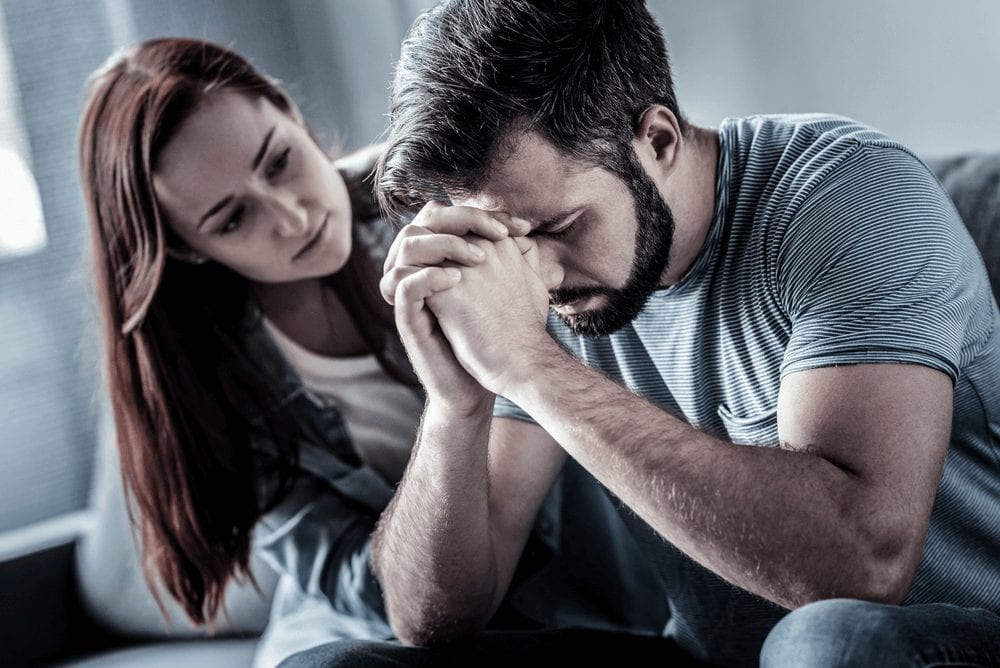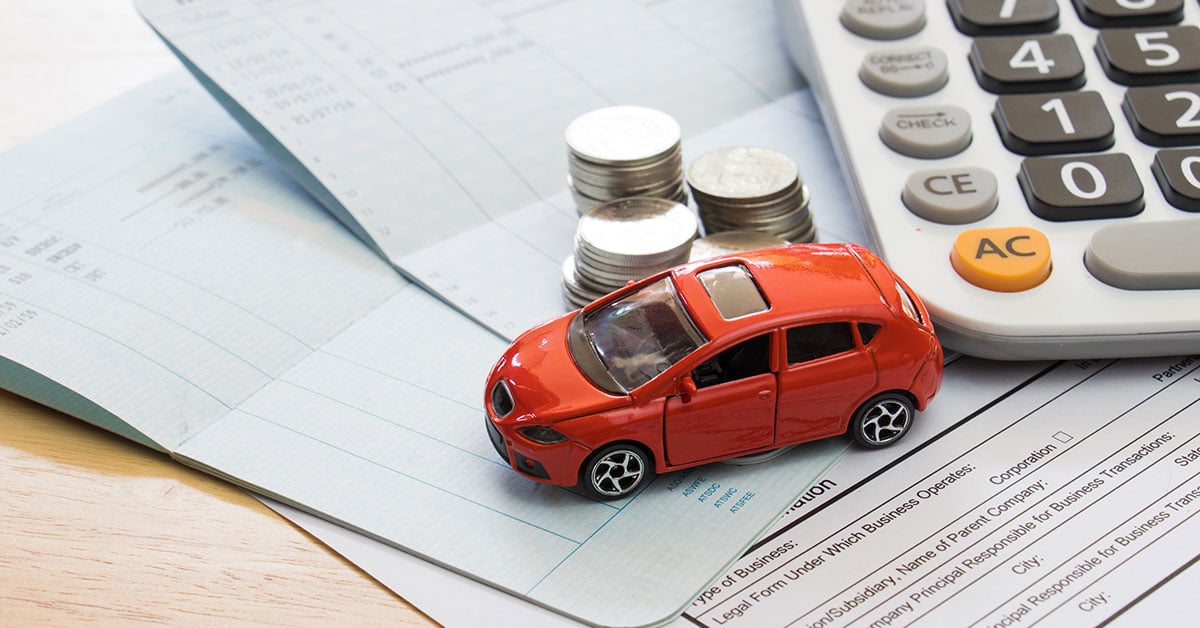Coronavirus: Which ‘essential shops’ are open and can you still order takeaways?
On Monday 23 March, Boris Johnson announced that the UK had been placed under lockdown amid the coronavirus pandemic, a measure that involves the implementation of several rules.
These rules include a ban on public gatherings of more than two people, a short list of reasons why people may be allowed to leave their homes and the closure of all shops that do not sell essential items.
The government has provided further detail on the closure of shops, outlining exactly what kinds of shops are affected and which are permitted to continue operating.
Download the new Independent Premium app
Sharing the full story, not just the headlines
Here is everything you need to know:
What essential shops are allowed to stay open?
The prime minister said all shops selling non-essential goods, such as clothing and electronics, would be closed with immediate effect.
The government’s guideline outlines all the retail businesses that are authorised to stay open, as they sell products deemed to be essential to the general public.
The list includes food shops, including supermarkets; health shops, such as pharmacies; petrol stations, home and hardware stores; garages; car rentals; pet shops; corner shops; newsagents; post offices; banks; bicycle shops and laundrettes and dry cleaners.
Market stalls that sell essential items, such as groceries and food, are also allowed to stay open.
The government has stated that for retail premises that do remain open, they must follow stringent social distancing rules.
These including ensuring there is a minimum distance of two metres between customers and shop assistants, only letting small groups of people enter at a time and enforcing queue control outside stores.
On Wednesday 25 March, it was announced that off-licences had been added to the list of shops that are allowed to stay open.
Licensed shops that sell alcohol, including those in breweries, have also been added to the updated list of businesses that have not been ordered to close.
Can people still order takeaway food?
While restaurants, cafes, pubs and bars have been ordered to shut, food deliveries and takeaways are still allowed.
“People can continue to enter premises to access takeaway services, including delivery drivers,” the government said.
Furthermore, cafes and canteens in hospitals, care homes and schools are allowed to stay open, as are canteens in prisons and military facilities and services that cater for the homeless.
The government has also said that “planning regulation will be changed” so that restaurants, cafes and pubs that do not currently offer delivery and takeaway can start doing so.
“People must not consume food or drinks on site at restaurants, cafes or pubs whilst waiting for takeaway food,” the guideline added.
It was recently announced that Deliveroo had teamed up with Marks & Spencer and BP fuel stations in order to deliver basic essentials to households that are in self-isolation.
Around 120 Marks & Spencer branches across the UK are taking part in the initiative, and there are no delivery fees.
Deliveroo is also setting up a service called Essentials by Deliveroo, which will help households get hold of items such as tinned goods and pasta.
What non-essential premises must close?
The businesses that have been described as non-essential and therefore ordered to close immediately include food establishments such as restaurants and cafes; hair and beauty salons; tattoo and piercing parlours; massage parlours; retailers such as clothing shops; outdoor and indoor markets that do not sell essential goods; auction houses and car showrooms.
Can consumers still do online shopping?
While all non-essential retailers must close in accordance with the government’s newly-instated regulation, consumers can still shop online.
“Online retail is still open and encouraged and postal and delivery service will run as normal,” the government said.




